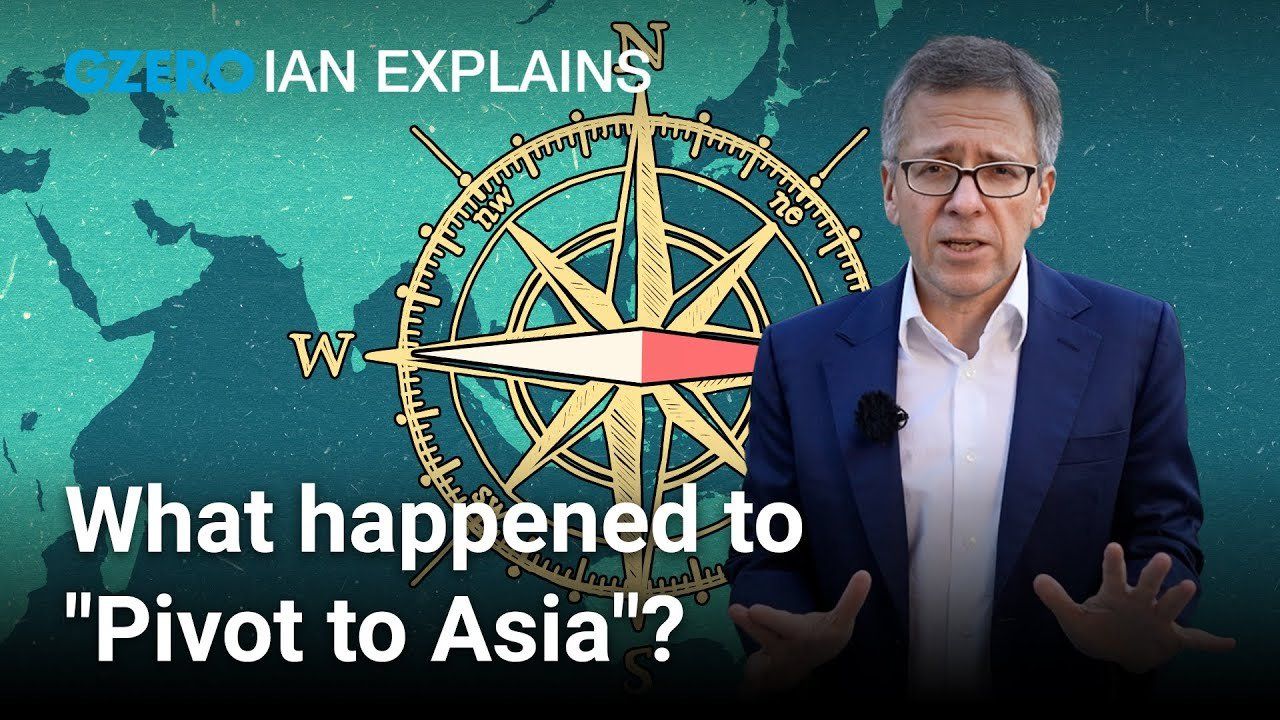
Why can't the US seem to focus on the Asia-Pacific region instead of the Middle East?
In November 2011, President Barack Obama laid out his vision for America’s expanded role in the Asia-Pacific region, which soon became known as the "pivot to Asia.” American foreign policy, Obama announced, would be shifting its focus away from costly wars in the Middle East and towards strengthening partnerships in the Asia-Pacific to curb a rising China. In short, America’s 21st-century foreign policy would be pointed firmly to the East.
Fast-forward to 2023, and America’s “Pivot to Asia” is a little more complicated. The Israel-Hamas conflict, which could quite easily spiral into a larger regional war with the US and Iran, is only the latest example. And though not in the Middle East, the war in Ukraine remains one of the biggest and most expensive US foreign policy priorities. This is not, in short, the 21st-century foreign policy vision that President Obama had in mind.
And yet, if you talk to any American national security official, they’ll tell you that China’s rise remains Washington’s main national security challenge – after all, America’s biggest global rival is also one of its largest trade partners. That’s just one of the many reasons that President Biden and Chinese President Xi Jinping met at the sidelines of the Asia Pacific Economic Forum in San Francisco last month.
If the US is ever going to fully “pivot to Asia,” they must bring Japan along for the ride.
So, will 2024 be the year that the United States government makes good on decade-old pivot-to-Asia promise?
Watch the upcoming episode of GZERO World with Ian Bremmer on US public television (check local listings) and at gzeromedia.com/gzeroworld.
- Biden brings South Korea and Japan together ›
- To get closer, the US and China talk nukes ›
- The US-China Cold War fallacy? ›
- Where the US is gaining and losing influence ›
- Is a more peaceful Middle East possible in 2022? ›
- The global economy: good news and bad news from economist Dambisa Moyo - GZERO Media ›
- Biden vs Trump foreign policy: Political scientist Stephen Walt weighs in - GZERO Media ›
- Are the US and China frenemies now? Perspective from Nicholas Burns, US Ambassador to China - GZERO Media ›